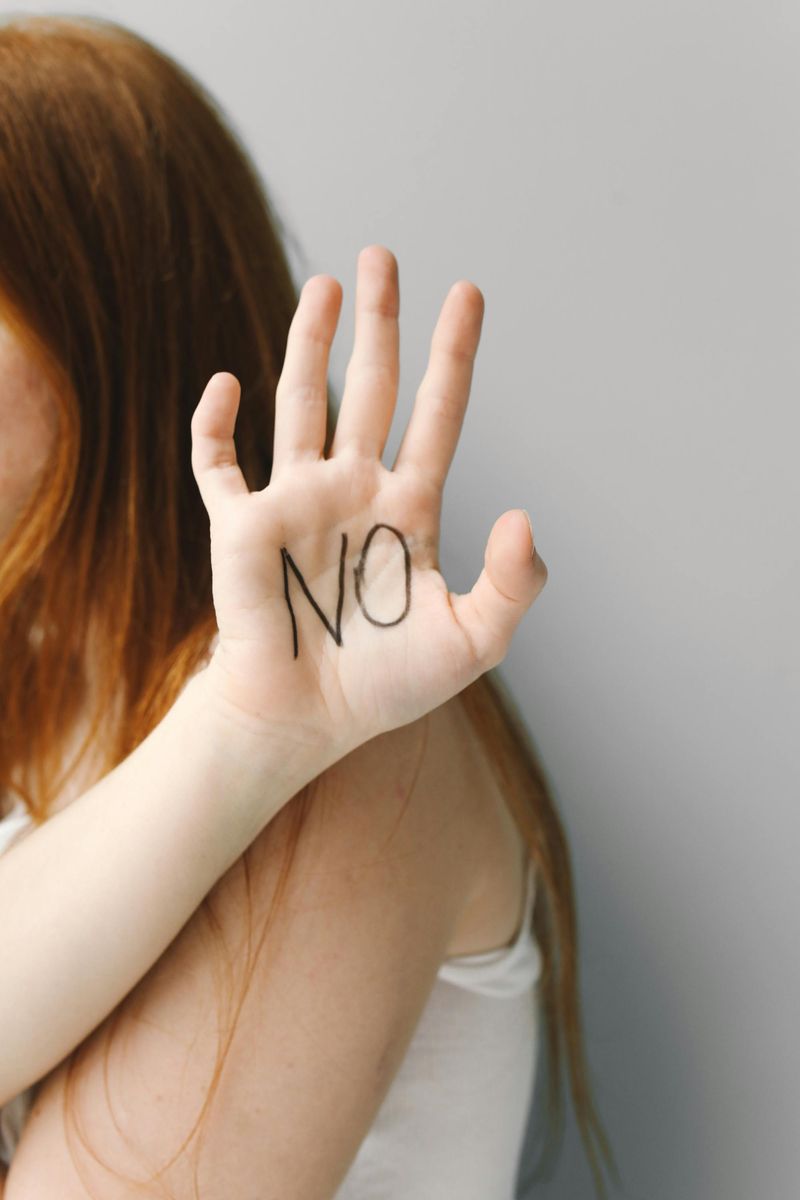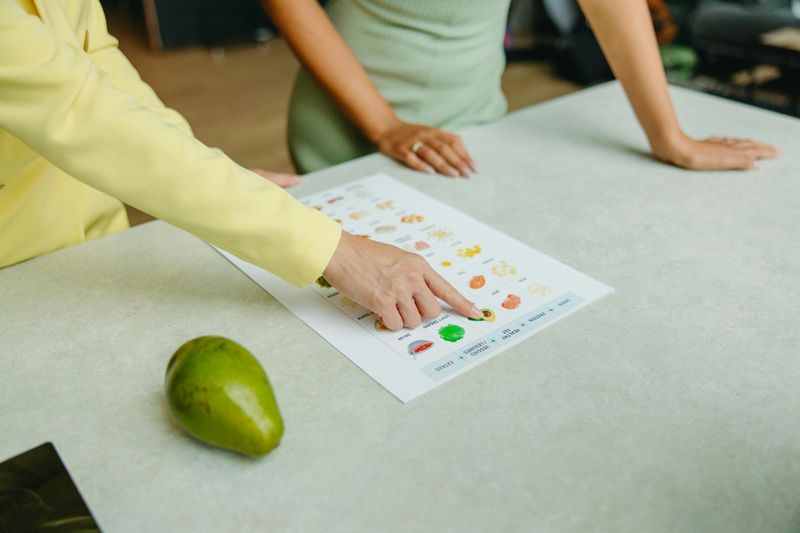14 Behaviors That Are Often Mistaken for Rudeness—But Aren’t

We’ve all been there—someone does something that feels a little “off,” and our brains immediately jump to the conclusion that they’re being rude. But here’s the truth: what often looks like rudeness on the surface usually has nothing to do with you. In fact, many behaviors we misinterpret as cold, arrogant, or dismissive are actually rooted in personality quirks, cultural differences, or even just plain exhaustion.
1. Not Making Eye Contact

Avoiding someone’s gaze can seem like a classic sign of disinterest—or worse, dishonesty. But that assumption is often unfair. Many people struggle with anxiety or shyness, which can make holding eye contact feel overwhelming.
Others come from cultures where locking eyes for too long is seen as disrespectful rather than polite. It’s also worth noting that some neurodivergent individuals simply find eye contact uncomfortable. It doesn’t mean they’re not listening or that they don’t care about what you’re saying.
Instead of taking it personally, try focusing on their words rather than their gaze. After all, meaningful connection is more about understanding than staring contests.
2. Being Quiet in Conversations

Silence can make people uneasy, leading them to assume someone is standoffish or unfriendly. But quietness isn’t automatically a sign of rudeness. Some people are natural listeners, preferring to observe and absorb rather than dominate a conversation.
In fact, a thoughtful pause can mean the person is taking your words seriously rather than brushing them aside. Introverts, especially, often need more time to feel comfortable speaking up in groups. Sometimes, the person who says the least is actually paying the most attention.
3. Declining Invitations

Hearing “no thanks” can sting, especially if you’ve gone out of your way to include someone. But declining an invitation isn’t the same as rejecting the person behind it. People say no for countless reasons—financial strain, exhaustion, scheduling conflicts, or just needing some downtime.
What seems like a brush-off could simply be self-care. Constantly saying “yes” to social events leads to burnout, and sometimes the kindest thing someone can do for themselves is politely decline. If your friend skips the party, it doesn’t mean they don’t value you. It just means they value their own limits too.
4. Not Smiling Constantly

There’s a strange expectation, especially for women, to wear a permanent smile. When someone isn’t grinning from ear to ear, people often assume they’re upset, angry, or rude. But not smiling doesn’t automatically equal negativity.
Facial expressions aren’t always a reliable indicator of mood. Some people have what’s jokingly called “resting face,” and others simply don’t express emotions outwardly all the time. Expecting constant cheerfulness is unrealistic—and honestly, exhausting.
A neutral expression is just that: neutral. So before you accuse someone of being unfriendly, remember that not everyone feels like flashing a grin 24/7.
5. Short Text Replies

Seeing a reply like “ok” or “sure” can feel like a digital slap in the face. But more often than not, short messages are about practicality, not rudeness. The sender may be busy, multitasking, or simply not the type to pad their texts with emojis and exclamation points.
Not everyone communicates with the same level of enthusiasm in writing as they do in person. Some people value efficiency over flair. If you know the person cares about you in real life, don’t let a two-word response convince you otherwise. Sometimes “k” just means “I read this, I agree, moving on.”
6. Not Answering Right Away

In the age of instant communication, waiting hours—or days—for a reply can feel insulting. But delayed responses are rarely a sign of disrespect. People get overwhelmed, lose track of messages, or need time to craft a thoughtful reply.
It’s also important to remember that not everyone lives glued to their phone. Some intentionally set boundaries with their devices to protect their mental health. Silence doesn’t necessarily mean they’re ignoring you; it often means they’re balancing other responsibilities.
7. Skipping Small Talk

Dodging casual chit-chat may seem unfriendly, but it often comes from a place of preference rather than disdain. Some people just don’t enjoy surface-level conversations about the weather or weekend plans. They’d rather dive into meaningful topics that spark genuine connection.
What looks like aloofness may actually be a desire for authenticity. Skipping small talk doesn’t mean someone dislikes you—it means they’d prefer to talk about something that matters. Instead of forcing filler conversations, try asking them about their passions, goals, or opinions.
Chances are, you’ll discover they’re more than willing to engage—just not with endless “how’s the weather?” loops.
8. Sitting Alone

Spotting someone sitting by themselves at a party or lunchroom might raise eyebrows. But choosing solitude isn’t automatically antisocial. Many people simply recharge better alone than in a crowd.
Being alone can be a deliberate choice for peace and reflection, not a rejection of others. For introverts especially, constant social interaction can be draining. Taking a break to breathe doesn’t mean they’re judging everyone else—it means they’re honoring their own needs.
Instead of assuming loneliness or rudeness, recognize that solitude is sometimes the healthiest option.
9. Avoiding Physical Touch (Hugs/Handshakes)

When someone doesn’t return a hug or avoids a handshake, it’s easy to assume they’re cold or unfriendly. But physical touch isn’t universally comfortable. Cultural norms vary widely—what feels warm in one culture may feel invasive in another.
Some people also have personal space preferences, sensory sensitivities, or even medical reasons for avoiding touch. It’s not about you—it’s about what makes them feel safe and comfortable. Respecting those boundaries is the ultimate form of politeness.
After all, kindness isn’t measured in hugs or handshakes—it’s measured in respect.
10. Saying “No” Directly

Turning down a request without sugarcoating can feel blunt, but directness isn’t the same as rudeness. In fact, being clear is often more respectful than beating around the bush.
A straightforward “no” saves time, avoids confusion, and sets healthy boundaries. People who speak plainly are often trying to be honest, not hurtful. If anything, they’re sparing you the discomfort of mixed signals. While it may not always sound gentle, directness is often rooted in respect for both parties’ time and energy.
11. Being Blunt or Honest

Hearing someone say exactly what they think can sting—but that doesn’t automatically make it rude. Many people value honesty and transparency, even if it comes without a sugar coating.
Bluntness often comes from a place of wanting to be helpful rather than deceptive. Instead of dressing up the truth in flowery language, they tell it like it is. That doesn’t mean they’re trying to hurt feelings; it just means they believe in clarity over confusion.
While tact is important, sometimes the most respectful thing someone can do is give you the truth straight.
12. Not Remembering Names Quickly

Forgetting a name can feel like an insult, especially if you’ve already introduced yourself. But memory slip-ups are far more common than we’d like to admit. Names are notoriously tricky to remember, even for people with excellent recall.
The slip isn’t usually a sign that the person doesn’t value you—it’s just how the brain works. Stress, distractions, or meeting multiple people at once can all cause blank moments. Instead of taking it as a slight, consider it a human error.
After all, how many times have you forgotten someone else’s name and still cared about them?
13. Working Through Lunch/Not Socializing at Work

When a coworker skips the lunch table or after-work drinks, it can feel like they’re distancing themselves. But choosing to work through breaks or avoid socializing isn’t necessarily about disliking colleagues.
Some people prefer to use their downtime to catch up on tasks, decompress alone, or simply go home early. It’s a personal preference, not a personal attack.
Workplace social norms can put pressure on everyone to bond outside of the job, but not everyone finds that appealing. Respect that someone’s professionalism and friendliness can exist without constant social engagement.
14. Leaving a Party Early

Watching someone sneak out of a party before it really gets going can feel like a slight. But leaving early doesn’t mean they didn’t enjoy themselves. Many people value their rest, have early commitments, or simply hit their social limit faster than others.
Staying late into the night isn’t the only way to show appreciation. Sometimes the most respectful choice is to leave before exhaustion or crankiness sets in. If someone made the effort to come at all, that’s a sign they value you. Their exit time doesn’t erase the fact that they showed up and celebrated with you.

Comments
Loading…